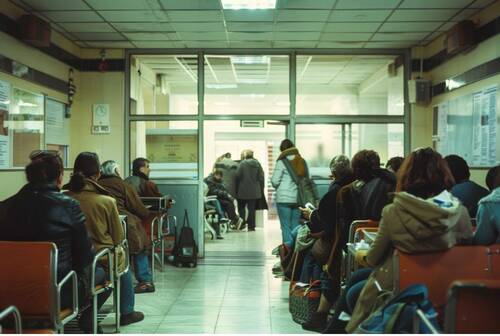Call 1-800-662-HELP (4357)Individuals seeking treatment or substance use support for themselves or a loved one can call the toll-free PA Get Help Now helpline at 1-800-662-HELP (4357). The free, confidential hotline is available 24 hours a day, 365 days a year, and staffed by trained professionals.
- Introduction to Group Meetings
- The Role of Peer Support in Recovery
- Benefits of Sharing Personal Experiences
- Strategies for Building Trust in Group Settings
- Conclusion: The Lasting Impact of Community Support
Introduction to Group Meetings
Group meetings have long been recognized as critical for personal recovery and growth. These gatherings serve as a haven for individuals seeking solace, understanding, and camaraderie in various stages of their healing process. By establishing a platform for people to discuss their experiences and work together towards shared objectives openly, these gatherings cultivate a sense of community beyond the meetings themselves. Whether in local support groups, therapy sessions, or even in broader spaces like
AA Meetings Omaha, people witness the power of collective support to spur individual change. Group meetings come in diverse forms, each tailored to address the specific needs of its members, allowing a versatile approach to recovery and personal development.
Group meetings benefit participants from a sense of inclusion and recognition, which encourages a more profound commitment to personal growth. In these supportive environments, thoughts and struggles are embraced without judgment, allowing individuals to explore their emotions and mental health freely. With various formats ranging from structured programs to casual gatherings, group meetings cater to different preferences while maintaining a unified mission: to empower and guide individuals along their unique paths to recovery.
(more…)



